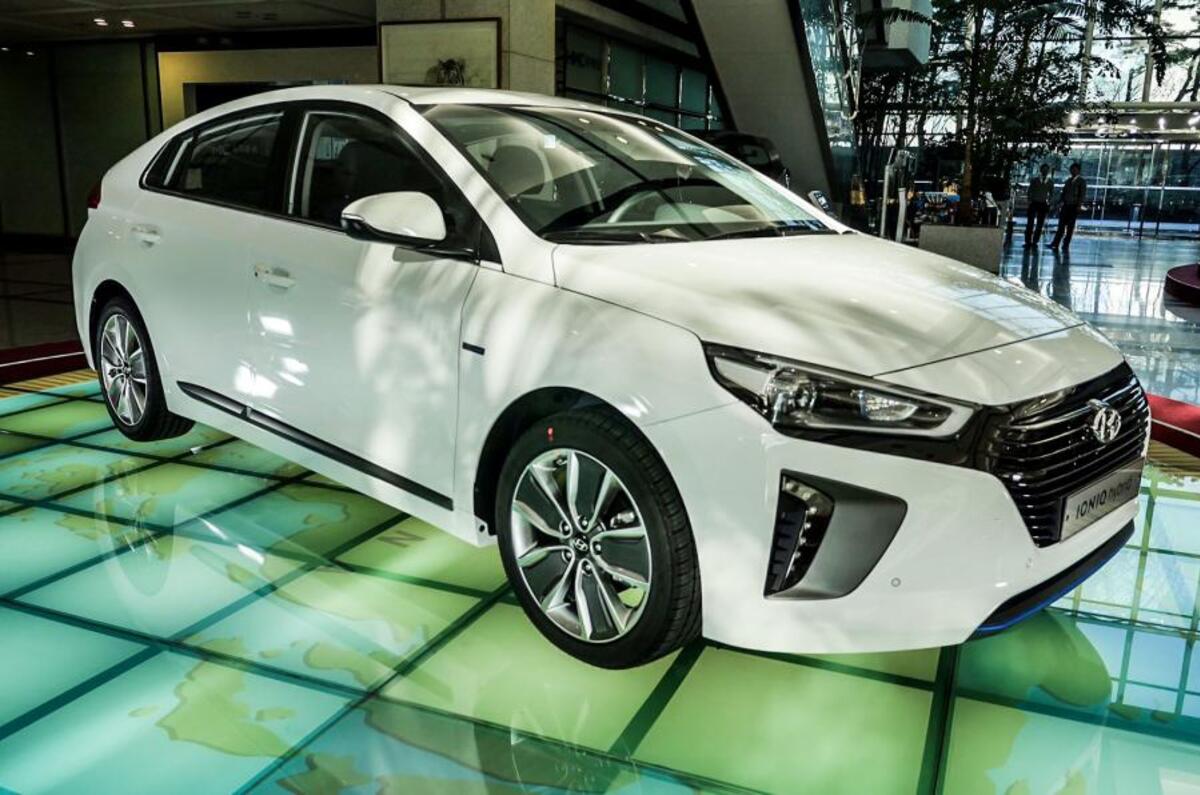Hyundai’s new hybrid transmission - unveiled today in the new Ioniq - could replace conventional diesel engines in the future, according to Woong-chui Yang, vice chairman of Research and Development for the Hyundai motor group.
Yang revealed that the new transmission was "significantly" cheaper to produce than the hybrid in the Toyota Prius, mainly because it uses a single electric motor, rather than the dual motors in the Prius.
Yang revealed that, just before speaking to Autocar, he had also met his engineering team to discuss the extra costs of adding Urea injection systems to Hyundai and Kia’s existing diesel engines.
"A modern diesel engine is already $3000 [at factory cost] more expensive than an equivalent petrol engine. Our engineers think it will cost another $1500 to add the Urea injection system. This additional $4500 cost is very similar to the extra cost of our new hybrid system."
The move to add further diesel emissions reduction technology is being driven by the reaction to Volkswagen’s admission of cheating US pollution tests.
A number of European governments and pressure groups are moving towards restricting diesel-powered vehicles in light of increasing evidence that real-world diesel pollution is much worse than laboratory tests suggest.
However, any move to using a hybrid transmission as a mainstream offering is at least four years away. Such a decision would require Hyundai and Kia’s mainstream front-drive platforms to be redesigned to accommodate a small lithium-polymer battery pack.
Yang added that as Hyundai and Kia worked to meet increasingly onerous fuel economy regulations around the world, hybrid transmissions were becoming more cost-effective.
"It used to cost around $50 [at factory prices] to increase fuel efficiency by around 1%. Today that premium has doubled or even tripled, as making fuel efficiency gains becomes more difficult."
The Ioniq’s transmission is an otherwise conventional six-speed dual-clutch transmission hooked up to a new-generation 1.6-litre GDI petrol engine and a 43bhp electric motor.






Add your comment